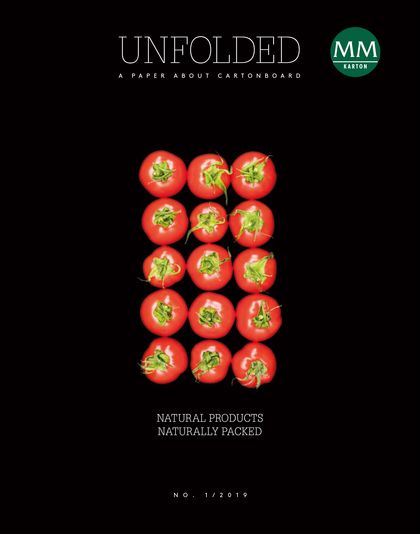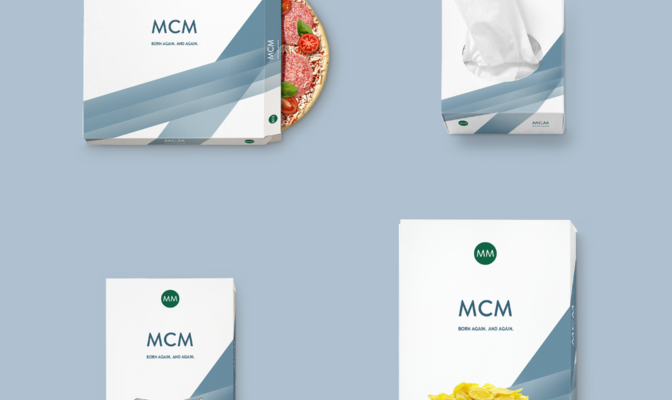EU Circular Economy Package - From Linear to Circular
16.04.2019 - Sustainability
Yesterday’s model of a linear economy system is succeeded by tomorrow’s economically and ecologically necessary system of a circular economy – the EU Parliament is now making the circular economy a legal requirement and thereby paving the way toward more sustainable packaging. Apart from significantly more stringent recycling requirements for packaging, the new legislation also includes a restriction or ban of single use plastic products.
With the Circular Economy Package, the EU aims to reduce waste to a minimum on the one hand, in order to prevent further plastic pollution in the world’s oceans. On the other hand, the directive is designed to keep raw materials and the associated added value within the Union, thereby strengthening global competitiveness. Until now, European plastic waste was often exported to Asia. As a result, valuable resources were lost, as were jobs, and control over what really happens to the plastic waste.
In order to achieve the goals of the circular economy, the EU relies on three principles:
1. Re-using and recycling
2. Market bans and restrictions
3. Producer pays
1. Re-using and recycling
The new EU directive sets ambitious recycling targets for all packaging materials: By 2025, 65 % of all packaging must be recycled, for paper and cartonboard the quota is 75 %. By 2030, at least 70 % of all packaging and 85 % of all cartonboard packaging material must be recycled.
Fibre-based packaging is a showcase model and perfect example of a functioning circular economy: According to Eurostat1,
Europe already recycles 85 % of fibre-based packaging. In some countries – such as Portugal (70 %) and Poland (74 %) – there is still room for improvement.
2. Market bans and restrictions
In March 2019, the European Parliament and the member states agreed to issue a restriction on single use plastic products: By 2021 at the latest, products made of single use plastics for which more sustainable
alternatives are already available – such as plastic plates or cutlery, Styrofoam (Polystyrol) packaging for foods and beverages, straws, balloon stems and cotton swabs – must be replaced with more environmentally friendly items. The use of plastic food packages for take-away and fast food products (e.g. burger packaging) and plastic beverage cups is to be reduced significantly, and those items are to be replaced with more environmentally friendly packaging. However, a binding quantitative target for this reduction was not yet established.
3. Producer pays
As part of extended manufacturer responsibility, producers of products affected by the directive have to share the costs for clean-up, waste management, and awareness campaigns. Furthermore, single use products with a certain plastics content (e.g. wet wipes, hygiene pads, beverage cups) have to be marked to point out their negative environmental impact. The new legal requirements represent enormous challenges for the packaging and brand product industry. All participants in the value chain are called upon to do whatever they can to balance ecology and economy.
| EU DIRECTIVE ON PACKAGING WASTE | 2025 | 2030 |
| Recycling targets – all packaging | 65 % | 70 % |
| Paper and cartonboard | 75 % | 85 % |
| Plastic | 50 % | 55 % |
| Glass | 70 % | 75 % |
| Metal packaging | 70 % | 80 % |
1 Eurostat, Recycling rates for packaging waste, 2016.



